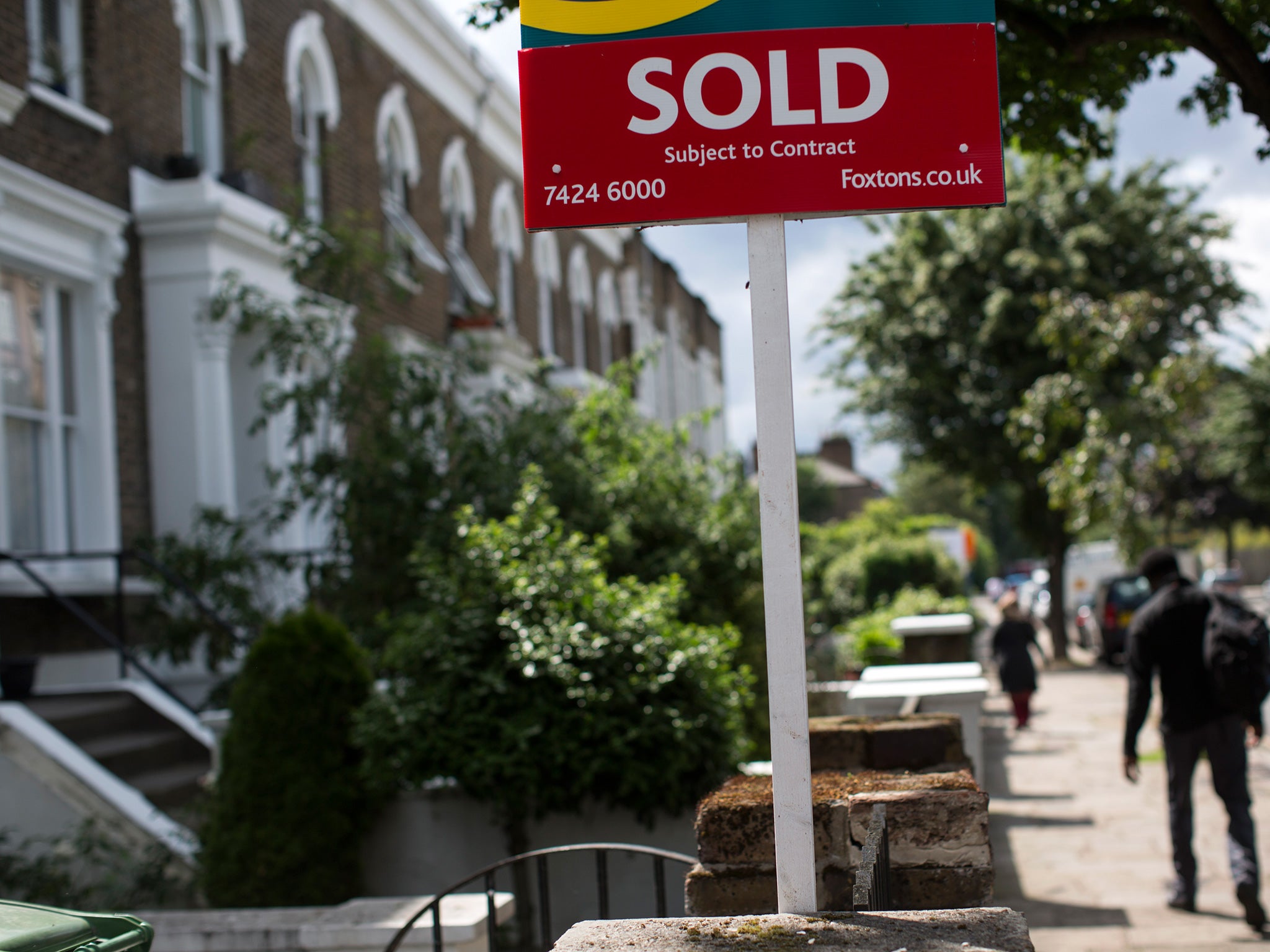Your support helps us to tell the story
From reproductive rights to climate change to Big Tech, The Independent is on the ground when the story is developing. Whether it's investigating the financials of Elon Musk's pro-Trump PAC or producing our latest documentary, 'The A Word', which shines a light on the American women fighting for reproductive rights, we know how important it is to parse out the facts from the messaging.
At such a critical moment in US history, we need reporters on the ground. Your donation allows us to keep sending journalists to speak to both sides of the story.
The Independent is trusted by Americans across the entire political spectrum. And unlike many other quality news outlets, we choose not to lock Americans out of our reporting and analysis with paywalls. We believe quality journalism should be available to everyone, paid for by those who can afford it.
Your support makes all the difference.More than half of all young people say they know they will have to make sacrifices if they are to ever become homeowners, according to a new report, including reducing their current rent and giving up their favourite pastimes.
With homeownership for millennials lower than any other generation before them, and over one in three admitting their biggest concern is just saving the deposit for their first home, 18 to 34-year-olds say they’ll have to downsize their current property, whereas one in five see themselves giving up hobbies and lifestyle habits. Another 19 per say they will only be able to afford their own home if they relocate.
The findings have come following a survey by online bank, first direct, which said just seven per cent of those aged 18 to 24 currently own their own home which goes up to 34 per cent for those aged 25 to 34.
Of the 4,000 UK homeowners and tenants surveyed, of the 2,000 currently renting, the majority believe they will be approximately six years over the national average of 30 before they can venture into the housing market.
Londoners are tackling the capital’s improbable house prices by taking the plunge with their own family members; over one in ten homeowners in the capital revealed they bought their first property with a member of their own family, with the region having one of the lowest percentages (66 per cent) of people making first-time property purchases with a partner.
Although it seems like a last resort, nearly one in five renters aged 18 to 24 admit that moving back in with Mum and Dad is the only option to afford a home of their own in the future. Unable to pull together the amount required on average for their first-time home, it seems a significant amount of 25 to 34-year-old homeowners (15 per cent) have done just that, relying on reduced renting costs from the Bank of Mum and Dad to boost their savings.
Tracy Garrad, chief executive of first direct, explained: “The saying used to be life begins at 40, but with more people buying homes later and also working and living longer, we need to reset the dial. There’s an obvious impact on mortgages, but also on savings and loans too. The research highlights a need for more innovation in products and services as millennials demand solutions tailored to fit in with lifestyles which are very different to that of their parents.”
The survey has come just days after it was revealed today’s young people have had the “bad luck” of entering the jobs market at a tough time, meaning their lifetime earnings could be “permanently scarred.”
Highlighting a “generational pay penalty,” the findings from Resolution Foundation’s report highlighted how millennials are at risk of being the first generation to earn £8,000 less in their 20s than their predecessors.
Torsten Bell, director of the Resolution Foundation, said generational inequality risks “becoming a new inequality for our times,” adding that “nowhere is that clearer than on pay.” He continued: “We’ve taken it for granted that each generation will do much better than the last - earning more and enjoying a higher standard of living. But that approach risks looking complacent given the realities of recent years and prospects for the future.”
Visit first direct to answer questions and discover how you stack up against other people in your area

Join our commenting forum
Join thought-provoking conversations, follow other Independent readers and see their replies
Comments